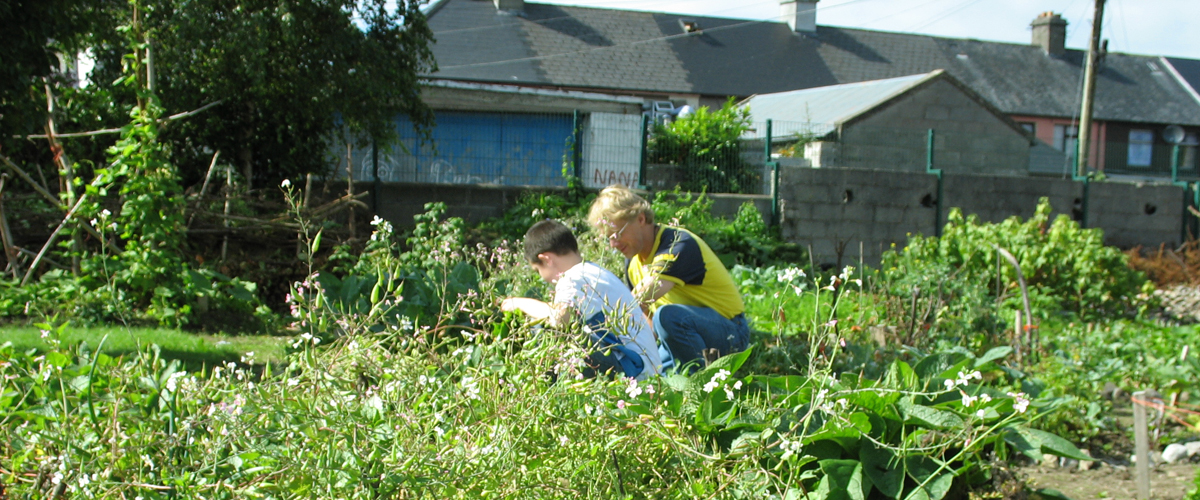A brief introduction to the topic of our Symposium 2025:
Touch is the most archaic of human senses. Even if we are not always consciously aware of it, touch permeates our everyday life from start to finish. We touch constantly, our skin as a membrane that transmits impressions of our environment to our brains cannot be switched off.
For human beings, touch, (being touched, touching), is both a biological sensation and also something more than this.
As a biological sensation it triggers simple chains of sensual impressions, hot, cold, rough, smooth, hard, soft, spiky, slimy, etc. Our organism sorts them as either pleasant, unpleasant, or neutral. For organic life the interesting sensations are the ones that are either pleasant or unpleasant. A simple schema of YES and NO.
But as something more, touch is also constantly interpreted for its meaning, it is socially “overdetermined”. In social life, touch becomes a matter of normative regulations.
Physically, the simple categories of YES and NO, (pleasant, unpleasant) are easy to apply. But socially, YES or NO include quite different layers, culminating in explicit demands for, or restrictions of touch. In their schematic form they translate into ALLOWED and PROHIBITED … with an incredibly wide area of uncertainty: allowed in certain circumstances, but prohibited in others, tolerated, admitted, accepted, avoided, expected, etc.
The normative and cultural codes in a given society are in constant flux (sometimes faster, sometimes slower). Much of what seemed right in the more distant past would seem completely alien to us today. But change does not ‘simply happen’. On a societal level it requires actors who are actively involved in invoking, promoting, advocating and working towards it.
As for the field of education there has been a significant shift over the years in relation to the discussions surrounding ‘touch’. Teachers, Early Childcare Practitioners, SNAs, Social Workers, Youth Workers, Sports Coaches, Music and Drama Tutors, etc., literally everyone who works with children and young people cannot escape from these discussions. And a lot of the time, the discussions contribute to the aforementioned uncertainty. This makes ‘Touch in Education’ a perfect topic for our Symposium.
Against this background, and based on our own experiences we hope to get into a conversation about practices relating to touch, their rationales, interpretations and implications.

